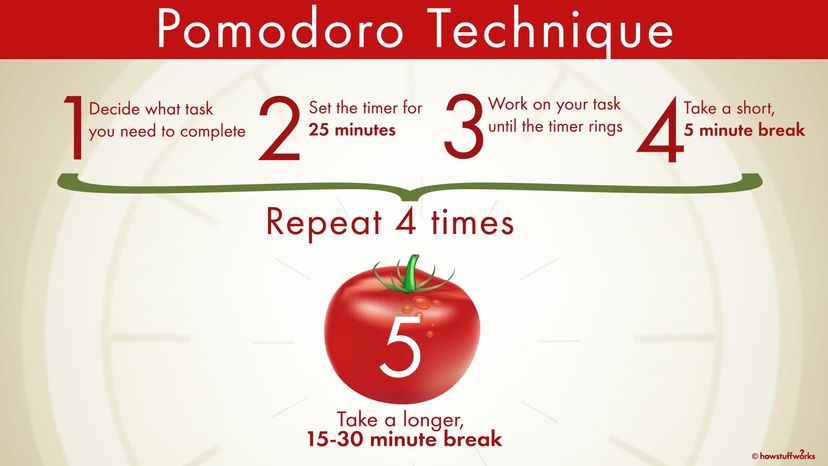
I didn’t know that “feel-good legal drama” was a genre.
Don’t get me wrong, there’s plenty of stuff going on around the edges of The Lincoln Lawyer that is potentially bad for our main characters. The show isn’t afraid of playing with imperiling people or dumping more problems in our characters’ laps. Not everything is fluffy bunnies and cuddles, and the show does open with a murder.
But our main characters are, by and large, portrayed extremely sympathetically. Their relationships with each other are largely fun and supportive. Unlike more relationship-drama centered shows, there are relatively few moments that hit my emotional-duress cringe reflex. I have to assume that this series isn’t everyone’s cup of tea, but I’ve really enjoyed it!
I should also note here that there is a movie with the same title, based on the same books, that looks waaay more stressful (judgment based solely on the trailer I watched). I haven’t touched that. Nor have I read any of the books by Michael Connelly that this show is based on. I’m sticking with this show.
I’ve watched through episode eight (of ten). So while I can’t give you an end-of-season perspective, I can say that this has been a fun ride. It’s one of the first shows that I’ve felt comfortable playing in the background while I cook, only occasionally rewinding a bit if I need to catch some visual clue that I missed. The banter, the distinct voices of the different characters, do such a wonderful job conveying so much for me that this nearly feels like watching a very pretty audiobook.
It’s funny… going back to my “emotional-duress cringe reflex“ comment, I think part of my enjoyment of the show is derived from its remarkably non-toxic portrayal of a messy web of relationships. If the show’s drama focused on strife between the different main and supporting characters, I’d be out. Instead, there’s what feels like a mostly-healthy but still complicated web of mutually supportive people. Some of them still have feels for each other despite past breakups, divorces, etc., but at the end they know that they’re each others’ fans where it really counts. And sometimes the exes are platonic friends! It’s sweet, really. It’s wonderful. It’s a show that’s taught me I can trust these characters do their best to support and help each other, even if they fuck it up. That has helped me relax a great deal.
You might have guessed from my watching-while-cooking comment, but I’m also aware that I’m not watching this with a very critical eye. I’m not digging into the ways it engages with other art in the same genres, and I’m not consciously doing deeper media analysis. I’m primarily watching it to relax instead of to engage, like the popcorn-literature of television. It’s been good for that.
Reflecting on what I’ve said above, a big part of my ability to relax while watching The Lincoln Lawyer comes from the ways this show avoids rubbing me the wrong way.
Firstly, the show isn’t another celebration of punishing wrongdoers. I’ve watched enough cop-centric shows. I don’t need another.
The Lincoln Lawyer has cops, and even has some cops who might be sympathetic, but it’s focused on the other side of the coin. The titular lead, Mickey Haller, is a criminal defense attorney and he (and the show) are both ready and willing to point out the ways in which police and the American justice system will grind people down and treat them unfairly every step of the way. I suspect a good deal of this show is legal-fantasy, but watching someone champion the underdog has a lot of that classic Robin Hood / David versus Goliath appeal. In many ways it’s one of those classic trickster stories, firmly on the side of the little person, dedicated to taking the hubristic and power-drunk giant down a peg or three.
Now, I doubt The Lincoln Lawyer will win awards for progressive depictions of gender or sexuality. It feels in many ways like a progressive vision from ‘00s TV, mostly focused on straight white people (hispanic or not) with several gay characters (sometimes gay people of color). But the material this show is based on was written in the ‘00s, so that feels oddly fitting—and in a huge improvement over most ‘00s media, this show doesn’t make queer people’s queerness their central character quirk. Another improvement over bog-standard American media: the two male protagonists (Mickey and his PI Cisco) eschew much of the toxic masculinity that laces so many TV shows, or they are at least comfortable enough with themselves that they don’t reek of that special gendered brand of insecurity.
I’m having fun with this show. I recommend it.
Oh, and I watched the ninth episode before finishing this, and uh… probably don’t cook during that one. It has some twists to deliver while setting up for the tenth and final episode. And it ends in a cliffhanger. Just so you know.

